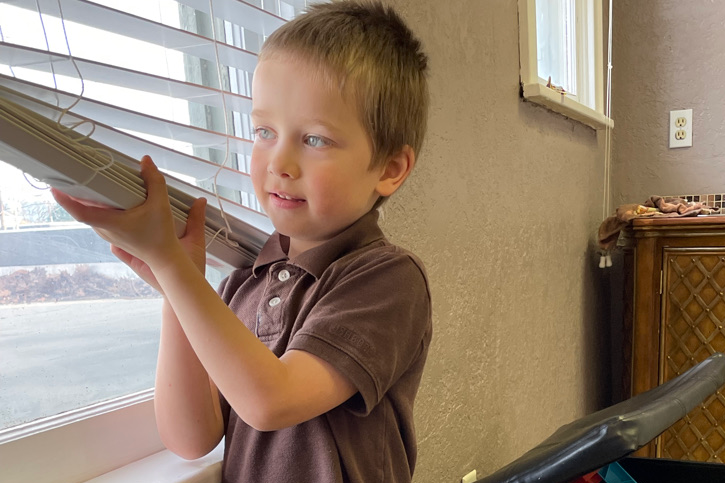Peer-Reviewed Evidence Concludes School Choice Is Better For Kids
There are plenty of studies surrounding school choice and its benefits or lack thereof. The notion of parents having more control over where their children went to school came onto the public landscape 25 years ago.

School choice has been a topic of conversation surrounding public schools, private schools, and charter schools for quite some time now. Continued remote learning, mask mandates, and teachers leaning on their unions to keep things shut down until they can negotiate more favorable return-to-work policies have continued to be black eyes across the public education system. So, how important is school choice now, and would this type of education system in the United States be beneficial for kids?
There are plenty of studies surrounding school choice and its benefits or lack thereof. The notion of parents having more control over where their children went to school came onto the public landscape 25 years ago. Between then and now, much has been written about it. Should parents be allowed to choose? How does choice affect a child’s education? Is it a financial burden? Should parents be allowed to take their funds and use them anywhere they want?
An important study was conducted in 2019 that asked many of these questions. Called “The Competitive Effects of School Choice on Student Achievement: A Systematic Review,” it was published in the Sage Journals and its abstract was to test out the theory that school choice offered better results for students. The reason for this, they hypothesized, was that if families were allowed school choice, it would better the competition between schools to raise their school quality. Facilities would improve, teachers would improve, therefore student outcomes would also improve.
What did this study find? After pouring through over 50 well-written and established pieces of literature, the authors, who included Huriya Jabbar, Carlton J. Fong, Emily Germain, Dongmei Li, Joanna Sanchez, Wei-Ling Sun, and Michelle Devall, came to the conclusion that there was evidence that school choice showed “small positive effects” that competition between schools was a good thing for students. Their findings also showed that the specific type of school policy, as well as student demographics, also played a big part in the positive outcomes for students.
So, what about these “positive outcomes?” Just what about school choice is making it more and more popular and why are parents requesting more of it? Well, one of the top reasons parents are looking for more control is safety. Parents who are requesting more choices claim that their child’s safety is their top priority, especially in communities where much of the violence goes unchecked. The ability to better choose will allow families to hopefully get their children away from the violence that is overtaking many schools and allow them to flourish in a more stable environment.
With school choice, a parent can finally get their child an education that is more suited to their needs. As we all know, since we’ve “been there”, most students learn differently. When it comes to students, it’s not a one-size-fits-all scenario. The same goes for teaching. Not all teaching systems work. School choice allows for parents to “shop around,” so to speak.
School choice plays a direct part in a family’s income. No longer would income determine where a child goes to school. Those in low-income areas would have the same ability as middle-income or higher-income families.
It is said that giving children their choice of schools leads to a high graduation rate. As an example of this theory, we took a look at the D.C. Opportunity Scholarship Program. This program allows low-income students the opportunity to attend the private school of their choice. The students involved showed a 21 percent increase in graduation rates.
As mentioned, school choice ramps up the competition. To get the funds for schools, they need students to attend their schools. The prevailing thought here is that schools will have to up their game. It also makes schools more accountable to the parents. An unsatisfied parent, with school choice, can take their child away for a better option. These are just a few positives seen when parents and students are given school choices.
There are a number of states and legislators who are actively pushing for more choices. The battles public schools are seeing between the teacher’s unions and the school districts are not helping public education in the least. Arizona Governor Doug Ducey recently announced his plans to go to battle for school choice and says he will get it for parents “any way possible.” Virginia Governor Glenn Youngkin is also taking his battle to the frontlines in his stance for school choice. You can also count on Texas Governor Greg Abbott to stand firmly on the side of parents having as much say-so as possible to where their children go to school.
The positives are there. The want is there. School choice is something that parents feel they should have. Evidence shows that it works.



